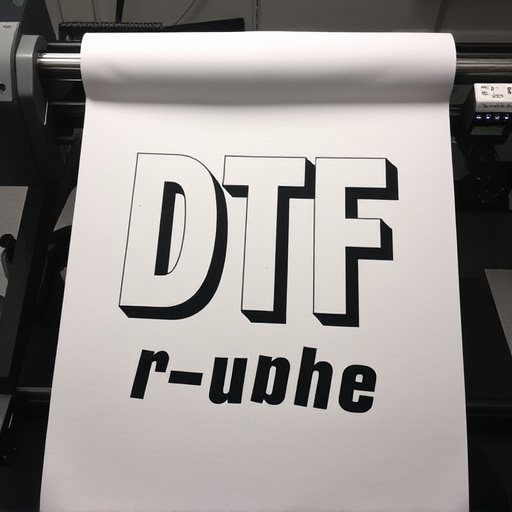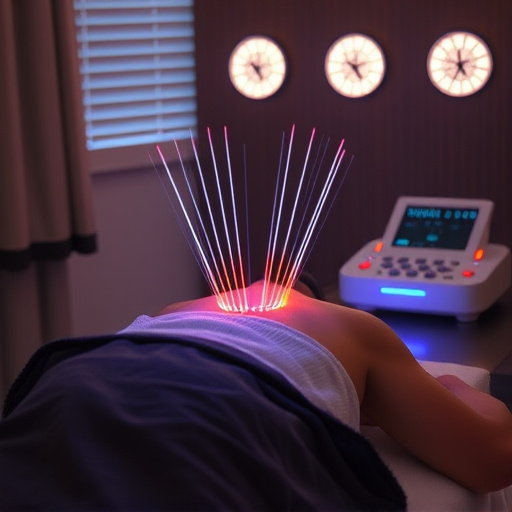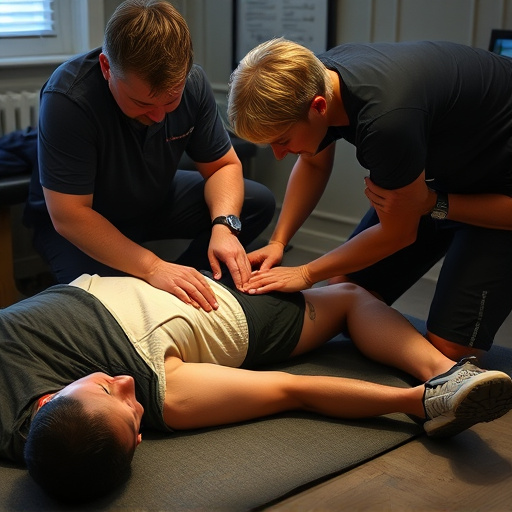Holistic healing approaches are gaining popularity in federal employee injury care, focusing on comprehensive, natural methods to address both physical and emotional health. By recognizing the link between mental, emotional, and spiritual well-being with physical health, these treatments aim to heal the whole person rather than just symptoms. Techniques like chiropractic care and spinal adjustments, combined with alternative therapies such as acupuncture and mindfulness practices, enhance recovery rates and empower employees to take an active role in their health journey, promoting long-term resilience and overall well-being.
In the realm of federal employee injury care, holistic healing approaches are gaining prominence as game changers. This comprehensive article delves into understanding the mind-body connection as a cornerstone for treating federal employees’ injuries effectively. We explore integrative treatments that go beyond traditional medicine, focusing on long-term recovery and overall well-being. By harnessing the power of holistic practices, the federal workforce can navigate their injuries with enhanced resilience and improved quality of life.
- Understanding Holistic Healing: A Comprehensive Approach for Federal Employees
- The Role of Mind-Body Connection in Federal Employee Injury Care
- Integrative Treatments and Their Impact on Long-Term Recovery
Understanding Holistic Healing: A Comprehensive Approach for Federal Employees

Holistic healing approaches are gaining prominence in federal employee injury care, offering a comprehensive and natural way to address physical and emotional well-being. This method recognizes that an individual’s health is intricately linked to various aspects of life, including mental, emotional, and spiritual states. By taking a holistic view, healthcare professionals aim to treat the whole person rather than just the symptoms.
For federal employees, especially those managing sports injury recovery or dealing with chronic pain, holistic healing can be transformative. Techniques such as chiropractic care and spinal adjustments focus on aligning the body and promoting self-healing. These natural methods complement traditional medical treatments, fostering a faster and more efficient recovery process. Holistic healing encourages patients to take an active role in their health journey, emphasizing mind-body connection and overall well-being.
The Role of Mind-Body Connection in Federal Employee Injury Care
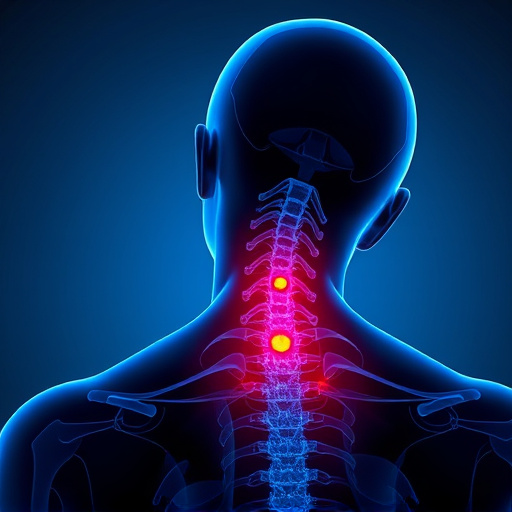
In federal employee injury care, acknowledging the intricate mind-body connection is a holistic approach that gains significance. The mind and body are not isolated entities but function together, deeply influencing one another’s health and recovery. When an injury occurs, it can trigger both physical and emotional responses, often leading to chronic pain if left unaddressed. Therefore, incorporating practices that nurture this connection becomes vital for comprehensive healing. Techniques such as chiropractic care aim to restore balance in the body, promoting natural self-healing mechanisms by improving nerve function and enhancing muscle recovery.
Additionally, complementary therapies like shockwave therapy can be beneficial, targeting specific areas of injury and reducing pain. By combining these treatments with a focus on mental well-being, federal employees can experience faster recovery rates and improved overall health. This holistic perspective recognizes that healing is not solely physical but encompasses the intricate interplay between mind and body.
Integrative Treatments and Their Impact on Long-Term Recovery
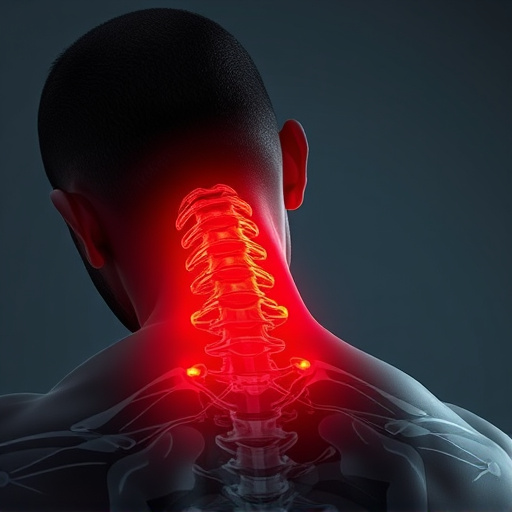
Integrative treatments are gaining prominence in federal employee injury care, offering a holistic approach to long-term recovery. These treatments go beyond conventional medicine by incorporating alternative therapies such as chiropractic care, acupuncture, and mindfulness practices. This multifaceted strategy not only addresses the physical symptoms of an injury but also targets underlying causes like chronic joint pain relief and headache relief, enhancing overall well-being.
Functional rehabilitation is a key component within this integrative framework. By focusing on restoring and improving physical functions, these treatments empower employees to regain control over their lives post-injury. The impact extends beyond immediate symptoms, fostering resilience and promoting sustained recovery in the long term for federal employee injury care.
Holistic healing approaches, encompassing mind-body connections and integrative treatments, offer a promising avenue for Federal Employee Injury Care. By addressing the whole individual—not just the physical injury—these methods can lead to more effective long-term recovery. Recognizing the importance of understanding holistic healing, its role in federal employee care, and the impact of integrated treatments, organizations can create supportive environments that foster not only physical health but also mental and emotional well-being. This comprehensive approach ensures a more fulfilling and productive return to work for affected employees.







